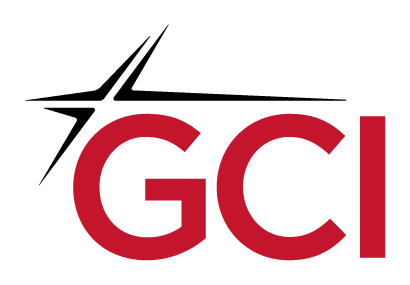We made it through the most trying times of COVID-19, yet the pandemic has all of us wondering what is next for our economy. Alaska is facing questions and concerns about industries affected over the last year that significantly impacted our economy. Can the summer tourism season bounce back without the normal level of hospitality industry workforce and international J1 workers? Are the fears of inflation justified as employers are forced to pay higher wages just to have a workforce sufficient to operate? How will Alaska continue to adapt to the logistical supply and demand challenges caused by the pandemic, and how can we become more self-sufficient with the use of technology?
The industries that serve as the lifeblood of Alaska’s economy were all impacted by the pandemic, but some more than others. The pressure to survive and evolve during the past year has driven Alaska businesses to reinvent and continue to drive projects statewide with a new perspective. Several large projects that were started prior to COVID-19 are now gaining steam and expected to finish in the next few years; albeit many have adjusted from what was originally imagined pre-Covid. The business world has fundamentally changed over this last year and we now know everyone doesn’t need to be onsite to be productive. We Alaskans are optimistic as we lean into this resiliency and start to look forward to the future.
Alaska has several unique attributes that make for ideal investment opportunities:
- Natural Resources: Alaska is home to a number of untapped natural resources such as oil, gas, minerals, and rare earth elements. The state’s oil and gas industry is key to Alaska’s economy, with the North Slope containing six of the 100 largest oil fields in the U.S. and one of the 100 largest natural gas fields. Even with the current development, there are still opportunities for additional investment in natural resources and energy in the North Slope, which would provide jobs and revenue for the state. Alaska has a solid track record of responsibly developing natural resources to support green energy and continuing to support oil development that is necessary for energy production for at least 20 years, but there is pressure in major financial institutions to not invest in Arctic resource development.

Will you join us at our upcoming webinar?
- Import/Export Locations: Alaska’s unique geography make it an ideal location for importing and exporting goods from the U.S. with Anchorage’s Port of Alaska designated as a free trade zone for international goods. Beyond oil, gas and minerals, Alaska has an incredibly rich natural fishing industry where fish are caught, processed to frozen products and shipped directly to markets outside of the state. Alaska’s Aleutian Islands are home to the second largest fishing port in the nation but have been underserved by connectivity. The GCI Alaska United (AU) Aleutians Fiber Project plans to lay an 860-mile subsea fiber system to connect Unalaska, King Cove, Sand Point, Akutan, Chignik Bay and Larsen Bay to high-speed connectivity, supporting the exchange of goods between communities and providing connectivity and reliability. This is a huge milestone for some of our state’s most rural communities and will help businesses that support trade and improve operations.
- Infrastructure: The location of our great state also brings us closer to nature, and the spread-out communities are a reason why Alaska is beautiful and unique. But those vast distances also present a challenge to provide Alaskans and Alaskan businesses with the services they need to stay competitive within the modern digital economy. Standard communications infrastructure typically found in the Lower 48 won’t cut it in Alaska. We need rugged infrastructure that can traverse thousands of miles of land and sea that can withstand and operate in harsh conditions. Investments from both the public and private sectors are necessary for projects of this size and scope, but the long-term value is there as so many different industries stand to benefit with access to connectivity.
On Thursday, July 15, from 12 p.m. to 1 p.m., I’ll be hosting a webinar to discuss current projects, expected outcomes, and why investing in Alaska is critical and profitable. Panelists will explore several use cases in Alaska investments in industries including infrastructure, logistics, and energy:
- Greg Chapados, President & Chief Operating Officer, GCI
- Robert Gillam, Chief Executive Officer, McKinley Management, LLC
- Bruce Dingeman, EVP & President, Alaska BU at Oil Search Limited
If you are interested, you can register here.